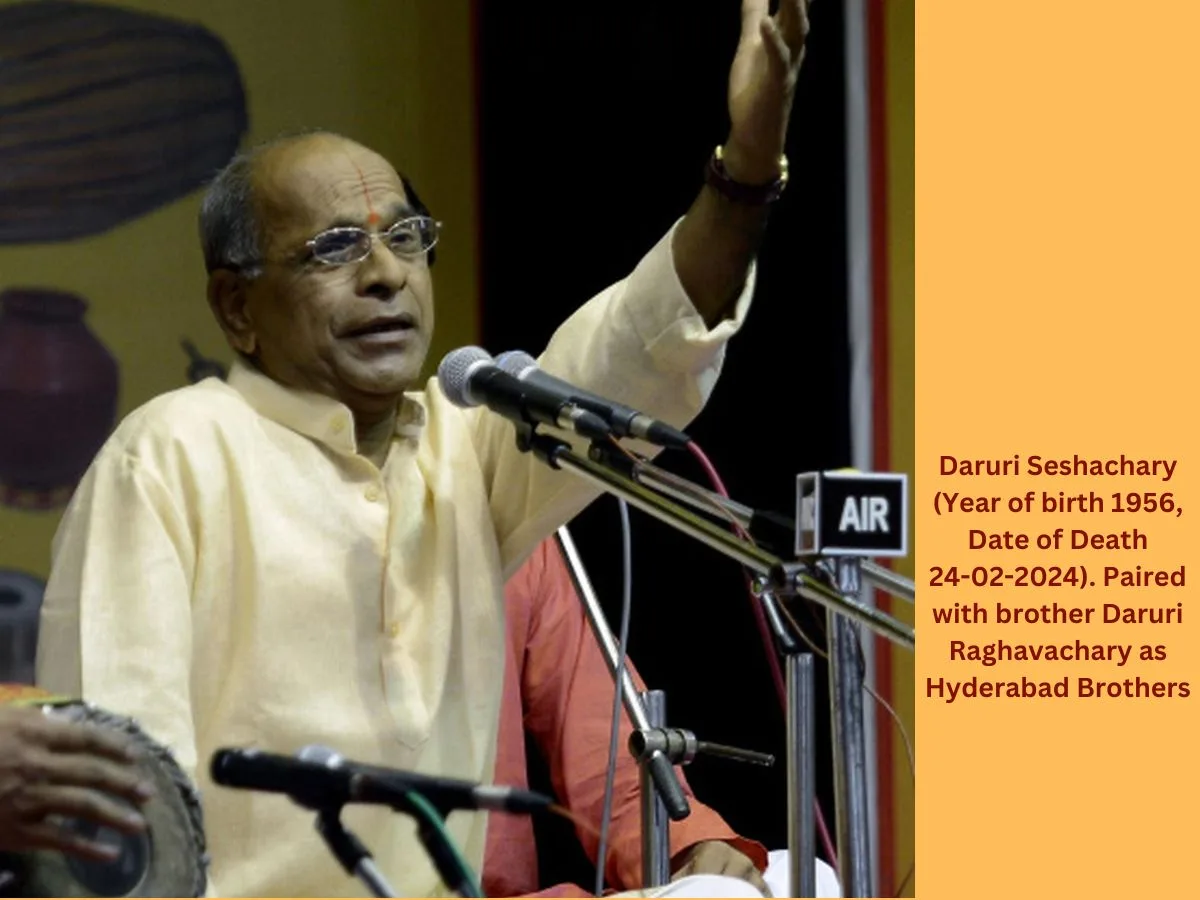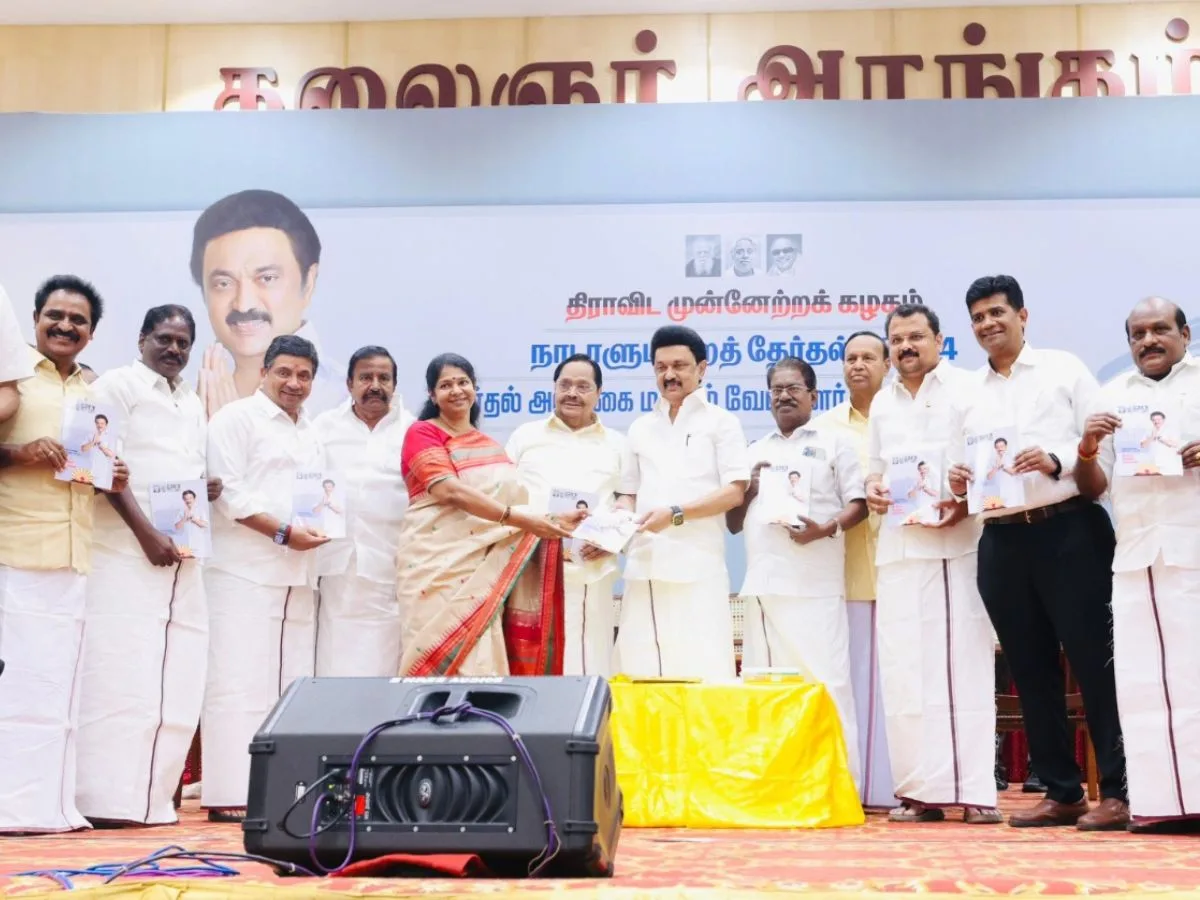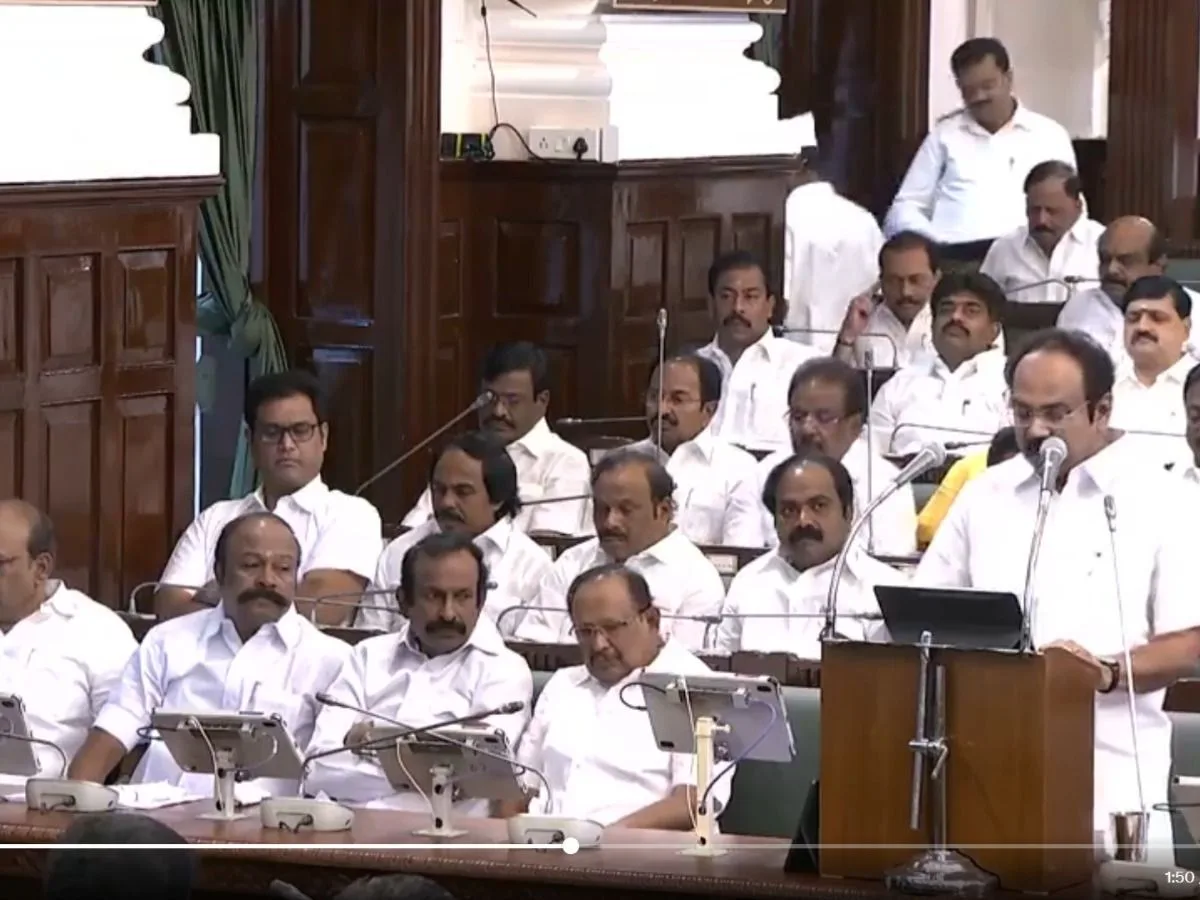Read in : தமிழ்
‘Arasiyal’ is the Tamil word for politics and some elders used to say that it originated from ‘arisi’, the Tamil word for rice. Yes, it is true and it is obvious that this tiny foodgrain has even overturned many governments. It is no exaggeration to say that the Dravidian parties came to power in Tamil Nadu in 1967 only due to the power of rice.
(This article was first published on Sept 7, 2018)
But what did the Dravidian parties do once they came to power through rice? Initially, they heavily reduced the price of rice in the public distribution system and later gave free rice up to 20 kgs, and in the process brought down the value of paddy, cultivated and produced by farmers. This is now pushing the social status of the agriculturists to a new low. The central government too, on its part, is giving more importance to the industrial sector, at the cost of agriculture.
We are, of course, conveying our thanks to the PM, who never bothered even to meet the farmers in the last four years, but has suddenly developed a soft corner for them!
Now prime minister Narendra Modi has announced a higher minimum support price for paddy, and an image is being created that this will really light up the lives of the farmers. This is, however, a mere ritual that is performed once in five years, just when the elections are around the corner. We are, of course, conveying our thanks to the PM, who never bothered even to meet the farmers in the last four years, but has suddenly developed a soft corner for them!
Even now, Urad (Dal) has not got its minimum support price. It is being sold at Rs 36 per kg at present, while paddy is being sold in Kanchipuram regulated markets 3.50 per kg. Every farmer will definitely be calculating and arriving at his return of investment. The value of land in Kerala is Rs 50 lakh an acre; it is Rs 15 lakh in TN and Rs 5 lakh in Bihar. Likewise, the cost of growing agricultural produce also differs from state to state. The daily wage in Kerala is Rs 600, Rs 400 in our state and only Rs 90 in Bihar. It can thus be seen that many factors like the cost of agricultural activities, wages, etc., are not uniform throughout the country. When this is the case, how is it possible to fix a uniform price for the whole of the country? Only economists can explain this.

Barani
Read in : தமிழ்











